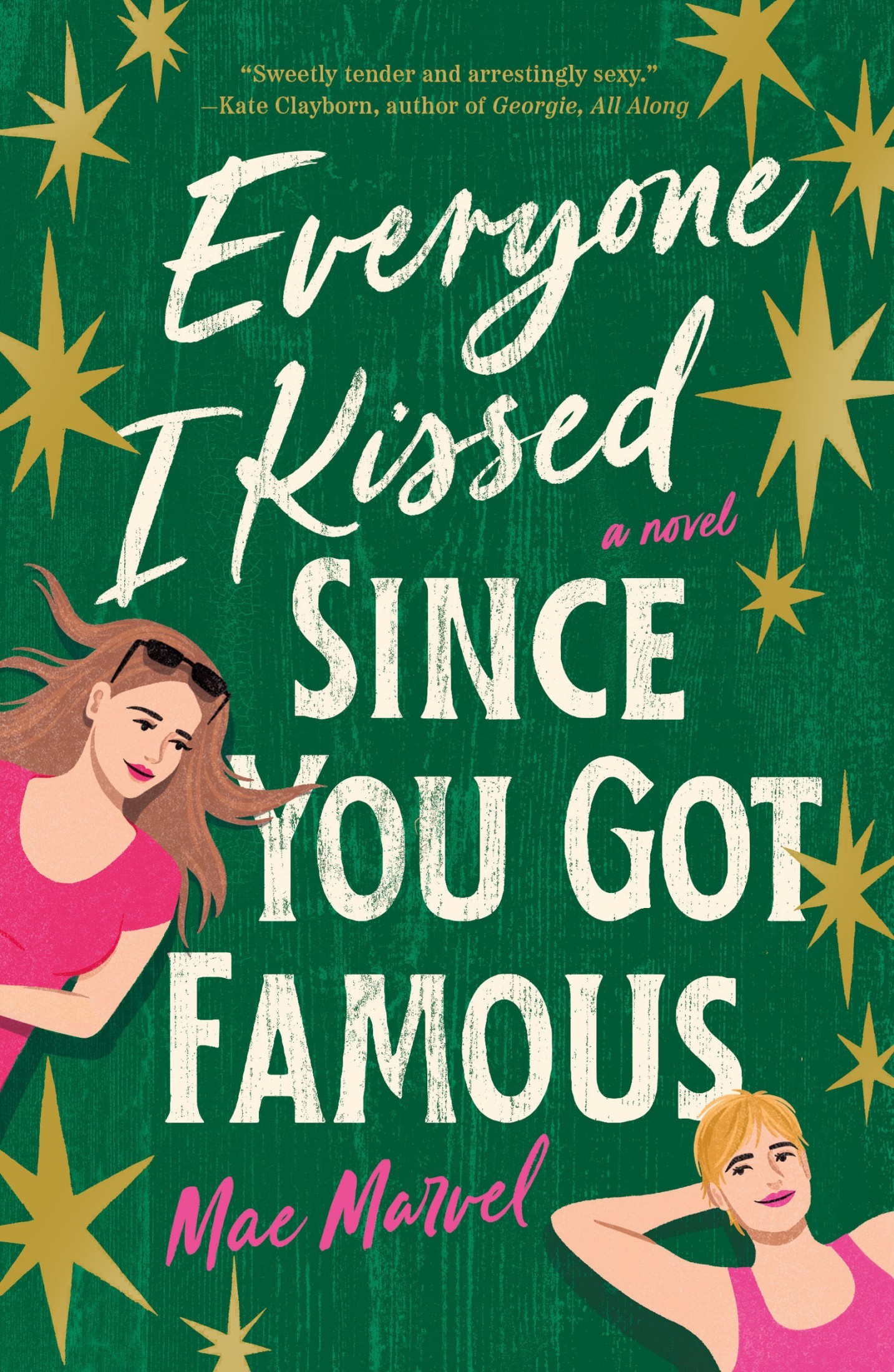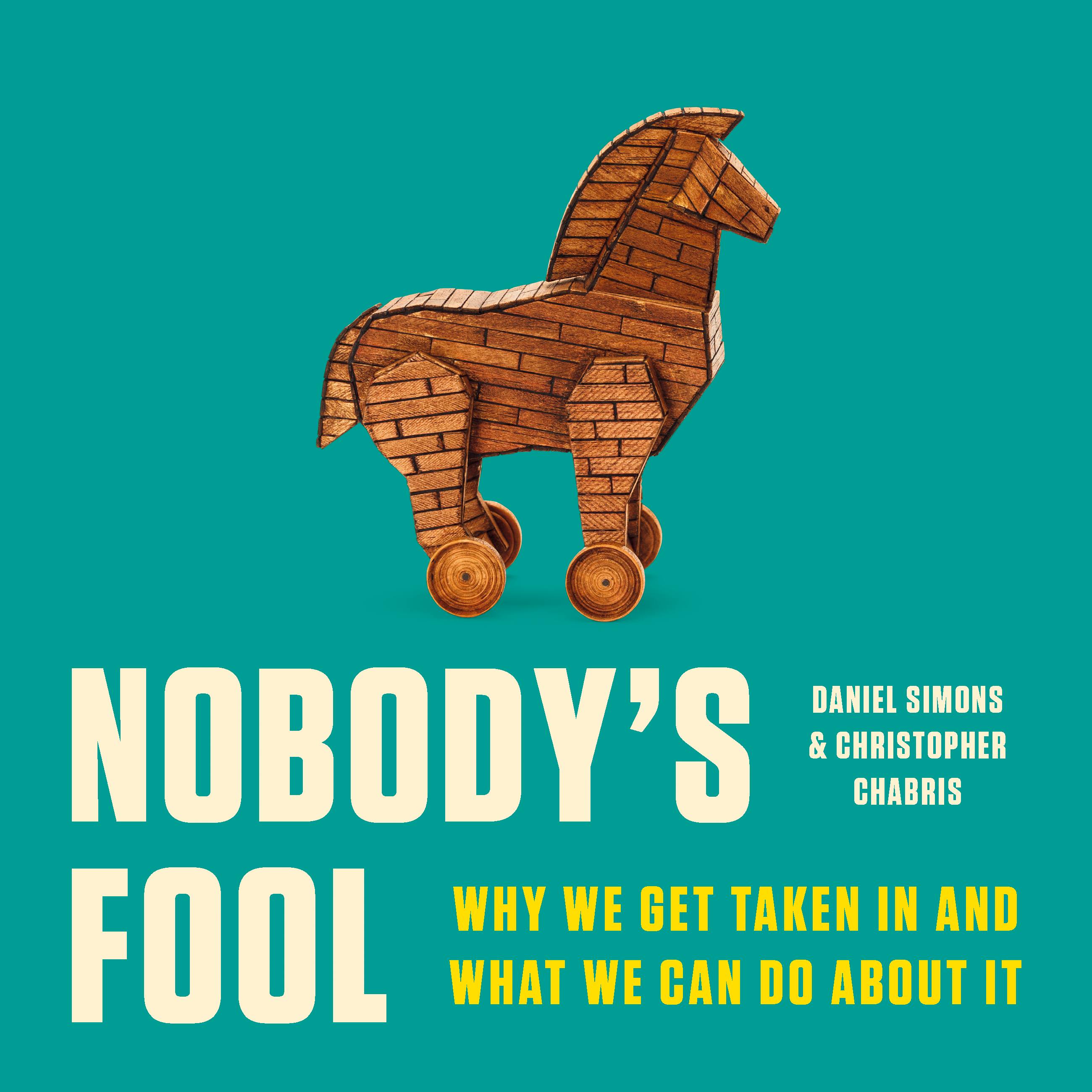Phil in SF finished reading Build My Gallows High by Geoffrey Homes

Build My Gallows High by Geoffrey Homes
Retired private eye, Red Bailey, is finally happy in Nevada, spending most of his time fishing and tending his out-of-the-way …
aka @kingrat@sfba.social. I'm following a lot of bookwyrm accounts, since that seems to be the only way to get reviews from larger servers to this small server. I make a lot of Bookwyrm lists. I will like & boost a lot of reviews that come across my feed. I will follow most bookwyrm accounts back if they review & comment. Social reading should be social.
This link opens in a pop-up window
23% complete! Phil in SF has read 7 of 30 books.

Retired private eye, Red Bailey, is finally happy in Nevada, spending most of his time fishing and tending his out-of-the-way …
Content warning vague booking about the ending
Dennison is a younger noble raised, unbeknownst to him, to face his brother Varion in battle. Varion has nearly finished conquering the rebellious parts of the empire. The emperor expects Varion to turn and try to become emperor. Thus, Dennison, who is a screw up that can't win any of his battles.
The whole thing is reasonably interesting, except for the abrupt end. One failure should not result like that.
Something beautifully multifaceted arising from complex relations, a quantum theorist writes a clear and compact dissolution or eulogy of our understanding of time in artful conversation with ancient poets and thinkers.

In Brandon Sanderson's riveting "Firstborn," a Tor.com Original short story, much glory is expected of the son of a High …
You know, I think I first read this right when it came out in 2006 or 7, and I distinctly remember its unreliably-gendered narration being a key point in my enlightenment about gender and identity — I also remember that I was uncomfortable around trans people and unexpected gendered pronouns before this book, and after it (and ANCILLARY JUSTICE) I was much less concerned.
Also, it's a wild bit of Twilight Zone plus Truman Show plus any generic prison break plus a story of revolutionary anarchists plus Memento mind-editing (voluntary and involuntary) and dysphoria (many flavors) and consent (and what it means under all that)
I'm sad that this novel didn't receive wider acclaim, but I'm sorta not surprised, because every single character here is a genocidaire, even the heroes, and it's hard to sit comfortably with that
In my tracking of books reads over on LibraryThing, this is book #1700 that I have read in my all time list.
Wil & Katie are high school friends who haven't talked for 13-ish years because Katie got discovered by Hollywood the summer right after high school. They finally reconnect and sparks immediately fly. But can they overcome a) the residual pain from a decade-long disconnect and b) the publicity of a relationship where one of them is a Hollywood A-lister and one is not?
On the one hand, I really enjoyed a story where literally everyone is super intelligent & uses their words. This is not a story where the conflict is based on people doing something stupid and/or miscommunication that they are afraid to say what they mean to other people. The stakes are real though. Wil is finally looking to move on from a mental space triggered by her father's death; she is considering law school that she put off when her dad was dying. Katie is looking to …
Wil & Katie are high school friends who haven't talked for 13-ish years because Katie got discovered by Hollywood the summer right after high school. They finally reconnect and sparks immediately fly. But can they overcome a) the residual pain from a decade-long disconnect and b) the publicity of a relationship where one of them is a Hollywood A-lister and one is not?
On the one hand, I really enjoyed a story where literally everyone is super intelligent & uses their words. This is not a story where the conflict is based on people doing something stupid and/or miscommunication that they are afraid to say what they mean to other people. The stakes are real though. Wil is finally looking to move on from a mental space triggered by her father's death; she is considering law school that she put off when her dad was dying. Katie is looking to start a production company after a decade of acting accolades, and getting derailed by a relationship with someone outside Hollywood.
However, I can't give this my top rating for a couple of reasons. Wil & Katie and the story around them are too perfect. Everyone including the background characters has perfect motives. Everyone (except Katie's ex) is perfectly accepting of everyone else. And the manner of the ending feels like everyone's wish fulfillment on what happens to shitty exes. At least what I would want to happen to my famous ex who does shitty things. And secondly, at times the pacing is really slow because the protagonists talk through everything first. At times I wanted to yell at the characters, GET ON WITH THE BANGING YOU'VE TALKED ABOUT IT ENOUGH.
4 stars still. Very enjoyable.

In Brandon Sanderson's riveting "Firstborn," a Tor.com Original short story, much glory is expected of the son of a High …
Check, matriarch and soon-to-be-widow, attempts to keep friends and family safe while living in the Cherokee Nation in 1875.
A fine read, but a little too sprawling and unfocused for my tastes. I found Verble’s “Stealing” a much more intimate and compelling read. Partly because “Cherokee America” isn’t written in first person, but also because its wide-ranging portrayal of a time and place which touches upon many characters and situations lacks the sensitive depiction of a single protagonist I so appreciated in “Stealing”.

Katie Price is known in every living room in America. A small-town Wisconsin girl who became an A-list star, she …
One of them looked like he was yelling at the newel post of the elaborate wrought-iron staircase in a beautiful Spanish Colonial home.
— Everyone I Kissed Since You Got Famous by Mae Marvel (47%)
new vocabulary: newel
the central supporting pillar of a spiral or winding staircase

Retired private eye, Red Bailey, is finally happy in Nevada, spending most of his time fishing and tending his out-of-the-way …

Hugo Award–winning authors Brandon Sanderson and Mary Robinette Kowal team up in this exclusive audio-first production of The Original, a …
Lot's of interesting pop psychology on why people fall for scams. There's lots of techniques that scammers can use to prime people for scams. For example, that most people don't want to be the impolite person who asks hard questions especially in front of others.
As for what we can do about it, most of the sections have a technique or two designed to slow down a person's slide into the scam. However, they're all variations on "be vigilant enough to think about X". For example, "ask yourself why an offer is being made to you." The techniques will work best for someone who is already cranky and vigilant like me, and probably less so without training for others. And I really really wish all these techniques were put together in one section at the end, to provide a coherent overall thinking process.
But it's still pretty interesting.

Two New York Times-bestselling psychologists explain the science of cons—and how we can avoid them.
From phishing scams to Ponzi …